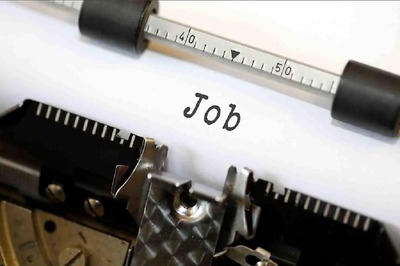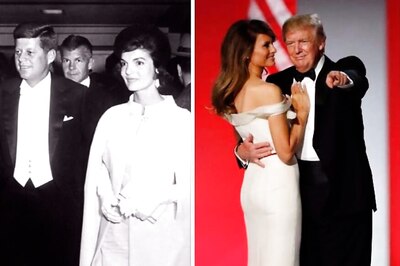
views
Asia Pacific businesses are sprucing up investments in generative AI (GenAI) and projected to nearly triple spending on this technology to USD 3.4 billion in 2024 across Australia, New Zealand, China, Japan, India, and Singapore, according to Infosys Research.
While the spending trails North America, APAC’s adoption, effectiveness, and growth are among the highest globally, it said.
Also Read: Real Artificial Intelligence: LinkedIn Signals 65% Job Skills Revolution By 2030 Amid AI Disruption
“Companies across Asia-Pacific are quickly ramping up investments in generative AI and entering a higher stage of maturity,” the IT major’s research arm, Infosys Knowledge Institute (IKI), said in the research.
While APAC companies currently lag behind their North American counterparts in GenAI spending, the research forecasts a bigger increase than in any other region, that is 140 per cent.
“This translates to an estimated USD 3.4 billion to be invested across Australia, New Zealand, China, Japan, India, and Singapore,” it said.
Infosys’ Generative AI Radar APAC report includes insights from interviews with business leaders and AI practitioners and a survey of 1,000 respondents from Australia, New Zealand, China, Japan, India, and Singapore.
Enterprises across APAC are investing heavily in GenAI. China leads the region, with investment expected to grow by more than 160 per cent to USD 2.1 billion, and Australia and New Zealand growth close behind.
“ANZ (Australia and New Zealand) investment is expected to grow by more than 150 per cent, from USD 60 million to USD 151 million in 2024,” the research findings showed.
The biggest obstacles to APAC adoption are caution around responsible AI, concerns about the impact on reputation, and employee readiness.
Responsible AI (data privacy, data usability, ethics and bias) is a concern for APAC countries, though ANZ is less concerned about data usability.
“APAC is more cautious about GenAI’s business impact than North America and Europe; almost 10 per cent expect a negative impact on reputation versus less than 5 per cent for North America and Europe, it said.



















Comments
0 comment